What does it feel like to be a teacher in Canada


#6pch has spoken to a Canadian chemist teacher Ron McLeod, who told us how it is to be a teacher in his country. We’ve discussed the role of a teacher in the Canadian education system, career opportunities for teachers, salary, gender balance and work conditions for teachers in Canada.
Ron: Before we start you should know something about the education system in Canada. There isn’t one. In the USA there is a national education policy. In Canada there is not.
Generally, everybody thinks they can be a teacher. Until they try. And then they go: “Oh! Well! Maybe, it’s harder than I thought”.
Because when Canada was developed as a nation, certain responsibilities were given to the federal government and some to the provincial government. Health care and education go to the provincial governments. So every province has their own education system. And sometimes they are dramatically different. So all I can tell you about is my province — British Columbia.
What’s the difference between education systems in different provinces?
Different wages, amount of prep time, responsibilities, even terminology.
In general, how are teachers treated in Canada? By government, by students, by parents.
It depends entirely on an individual teacher: what they are teaching, what subject, what school area and what city they are in. All of those have a factor. Generally, everybody thinks they can be a teacher. Until they try. And then they go: “Oh! Well! Maybe, it’s harder than I thought”.
I teach senior math, physics, chemistry — and nobody questions what I do. Because they don’t know what I do. So, when parents come in they go: “Oh, thank you so much for preparing my child for university”. If I was teaching English, it would be like: “Why are you doing what you are doing?”
Government uses teachers as a weapon in elections.
Some parents are very very grateful for what teachers do; some parents think all teachers are idiots. So it entirely depends on who you are dealing with.
Personally, I teach senior math, physics, chemistry — and nobody questions what I do. Because they don’t know what I do. So, when parents come in they go: “Oh, thank you so much for preparing my child for university”. If I was teaching English, it would be like: “Why are you doing what you are doing?”
In Canada respect is earned person by person. So there are teachers in my school who are highly respected; students come to our school so that they can learn from those teachers. There are other teachers in the same school who students try to get out of their classes. So there is no general rule for the profession.
What do you need to become a teacher in Canada?
Experience is not valued. Education is. In order to become a high school teacher, which is what I am, you need a four year bachelor’s degree, you need to have a teacher training program from accredited university, so that is another two year program. If you get a master’s or PHD, that is nice, but it doesn’t help.
In British Columbia you have a pay increase every year for 10 years. After 10 years experience that is maximum. It doesn’t matter if you work harder or not — the salary is the same.
Then you must join a union, the British Columbia Teachers’ Federation, and you must be accredited by the College of Teachers, which basically looks at your degrees and says: “Yes, you are a category 1,2,3,4…” And that determines your pay.
Can someone from another country become a school teacher in Canada?
Not immediately. In order to become a teacher you must show documentation that you have a bachelor’s degree in your subject. Then you must go through the British Columbia Teachers’ Training Program. And then you can apply.
Do you have a contract?
Yes. The contract is negotiated by our union. It sets the salary scale, responsibilities, how many minutes you work per year. The only difference is bachelor’s degree or master’s degree which gives you a different pay grid and your experience. Lowest experience means lowest pay.
Doctors make 10 times more than I do, IT-specialists 20 times more. To be a teacher is to be a solidly middle class.
In British Columbia you have a pay increase every year for 10 years. After 10 years experience that is maximum. It doesn’t matter if you work harder or not — the salary is the same.
What career opportunities do teachers have in Canadian schools?
The sure answer is none. The categories of job in the school are teacher and administrator. That’s it. To be a teacher you need your bachelor’s degree and teacher training. To be an administrator you need a degree in administration. In my school we have about 60 teachers, 2 vice-principals and one principal. Those are my bosses.
As a teacher, to become a principal I need to go back to school, get additional training and learn how to manage.
What level of salary do teachers have compared to other specialists?
Doctors make 10 times more than I do, IT-specialists 20 times more. To be a teacher is to be a solidly middle class. We are not rich, we are not poor. A single person working as a teacher does very well, they can afford to live, they can afford a house, a car. But for a family of four — it’s difficult.
As an experienced teacher I have my lessons memorized. But even for me 1 hour in class equals 1 hour out of class. So it’s a 50-hour work per week.
Personally, I have a maximum salary and about half of my salary goes to housing. Teachers do well, we have a very good benefit package, which means, I pay very little for medical care and dental care (I can get a Can $1000 for the work done on my teeth and pay Can $200).
Most of us don’t do any extra work, extra tutoring; we don’t have a second job.
How many hours do you work per week?
That’s debatable. How much time I spend in my classroom versus how many hours I work.
I love to teach, I hate everything else.
In the classroom generally it’s 5 hours per day. But beginning teachers probably prepare an 1,5 hour for every lesson. As an experienced teacher I have my lessons memorized. But even for me 1 hour in class equals 1 hour out of class. So it’s a 50-hour work per week. We prepare our own lessons, lesson plans, worksheets, tests, answer keys, final exams. That is all the teachers job. We don’t have anyone else doing that.
I teach for 5 hours and then I go home and work.
What is the average number of students you have in your class?
By contract the maximum I am allowed to have is 31. If it’s a junior class it’s 29-30 students. We can do 31 with my approval. Some of the senior classes can be a little bit smaller — 20 to 25.
What gender balance do you have on teacher post in general?
I know the answer to this because I just got a circular from the union 2 weeks ago — 75% women, 25% men. In elementary school much more female, from grade 8 to 12 it’s almost 50/50. In the math and sciences more men, biology — women, humanities — mostly women, in the art shops mostly men.
Do you have some formalities at work and what are the most annoying of them?
I love to teach, I hate everything else. My prescribed tasks according to the union are: teaching 5 hours a day and attending 1 staff-meeting per month.
We have many expected things we do but they are not required by contract. Many teachers volunteer to coach a basketball team — no extra pay; we can be asked to supervise a school dance — no extra pay. Also we required to report parents 5 times a year minimum in a formal written report.
We have a system in our school where I mark when student is absent. It’s a computerized program which automatically calls home and says: “Your student is away today”.
Each semester we have parent-teacher night, where parents come and ask random questions for 3 hours. That is required. Other than that, what I do in my classroom is my business.
I deal with everything I can in my classroom and if there is a bigger problem, I am bringing the big guns — the administration.
If there is a problem with the marks it depends a lot on reputation. If there is a problem with my marks, a student failed the course — what’s wrong with a kid. If I am a beginning teacher and a lot of students fail — what did you do wrong.
Do you use technologies for grading or teaching?
The attendance is done on computer. We have a system in our school where I mark when student is absent. It’s a computerized program which automatically calls home and says: “Your student is away today”.
I have my own computer to do marks but I am not required to do this. All that I required to do by contract is typing the number in the end of semester.
It’s my job to make sure that their cheating doesn’t do them any good.
We have wi-fi at school, we have smartboards in every classroom. As for me, I do chemistry, so I do a lot of hands-on. I have a special cabinet in my room where I can safely make flames and explosions. And I do quite often. So my students enjoy that.
Do your students cheat in your lessons?
They try. During tests and quizzes students are very creative. Therefore, teachers must be more creative. I give a quiz every Friday, and every time I handle the quiz, I tell the students very clearly: “The quiz you have — not the same”. I always make sure there are 2,3,4 versions of the quiz.
Sometimes they are successful. On my website I have all my worksheets, all the answer keys. If you want to just copy the answers, you can, but you don’t learn anything. I have sample exams and sample exam keys. The smart kids print that out, practise it, print out the key, come to me the day before test going: “I don’t understand this”. So I use this as a teaching tool.
So it’s my job to make sure that their cheating doesn’t do them any good.
Do you allow your students to use smartphones in your class?
During the class I absolutely encourage it, because I want them to be on my website and check their answers. They can google some information needed in class. During the tests — never. There are some teachers that are afraid of technology, but it’s a 21th century — use your technology and learn!
Еще:
-1 ::




 Рюкзак со светящимся экраном, на который можно закачать свою картинку
Рюкзак со светящимся экраном, на который можно закачать свою картинку
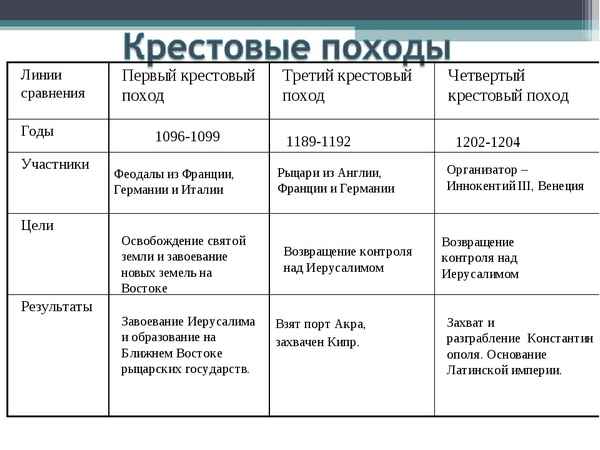 Крестовые походы кратко в таблице – страны, города, даты (история, 6 класс)
Крестовые походы кратко в таблице – страны, города, даты (история, 6 класс)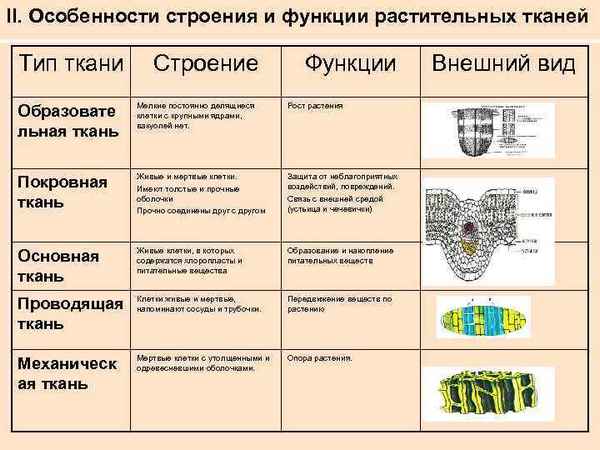 Виды тканей растений (Биология) и их функции, таблица для 6 класса
Виды тканей растений (Биология) и их функции, таблица для 6 класса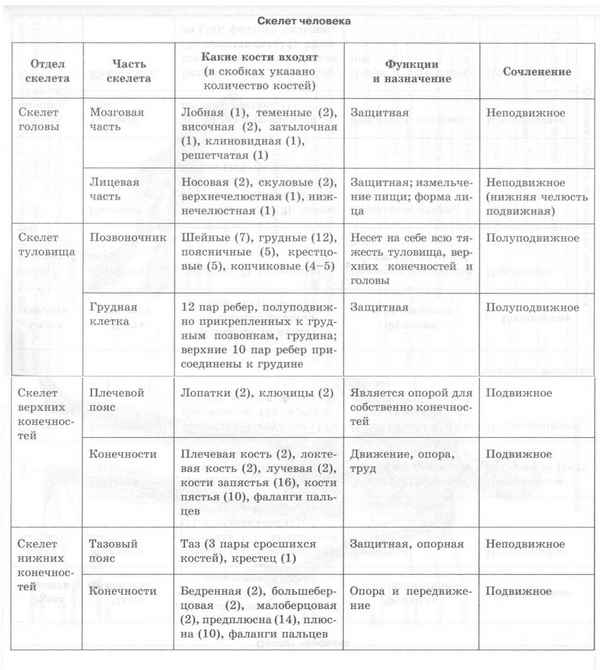 Строение скелета человека в таблице (8 класс, биология)
Строение скелета человека в таблице (8 класс, биология)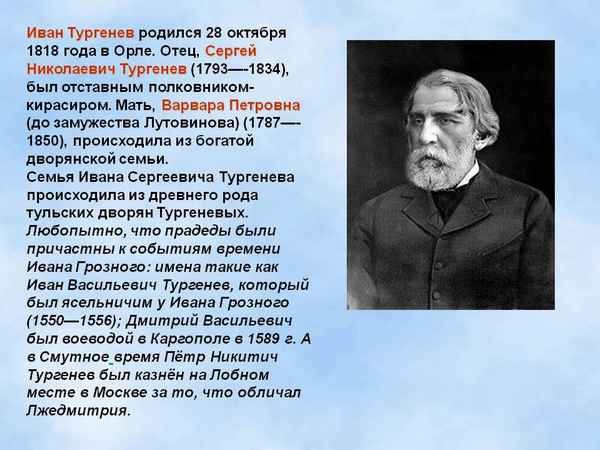 Краткая биография Тургенева самое главное и интересные факты творчества Иван Сергеевича
Краткая биография Тургенева самое главное и интересные факты творчества Иван Сергеевича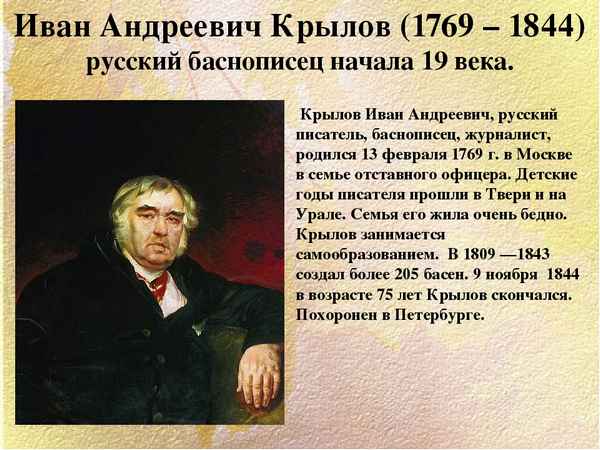 Краткая биография Крылова творчество баснописца Ивана Андреевича – самое главное и важное для детей
Краткая биография Крылова творчество баснописца Ивана Андреевича – самое главное и важное для детей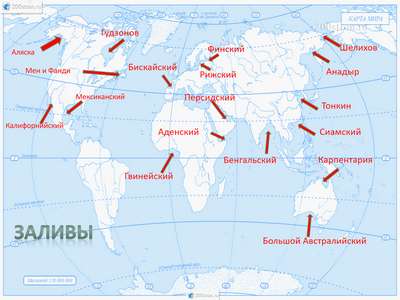 Проливы и заливы России – список, описание и карта
Проливы и заливы России – список, описание и карта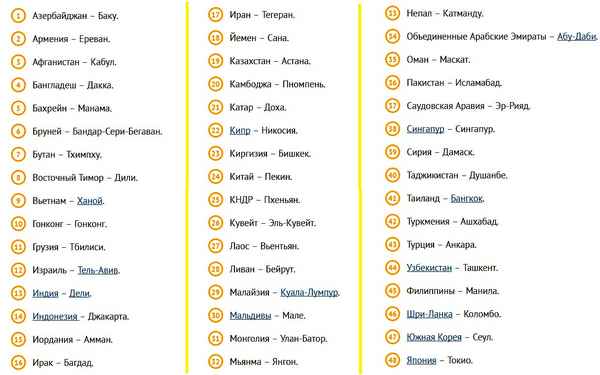 Страны Азии и их столицы – список и таблица
Страны Азии и их столицы – список и таблица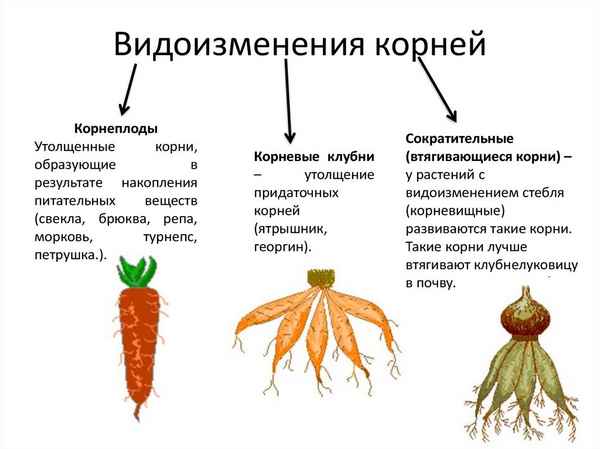 Видоизменения корней – таблица типов и строения
Видоизменения корней – таблица типов и строения Доклад-сообщение на тему: “Белка-летяга”
Доклад-сообщение на тему: “Белка-летяга”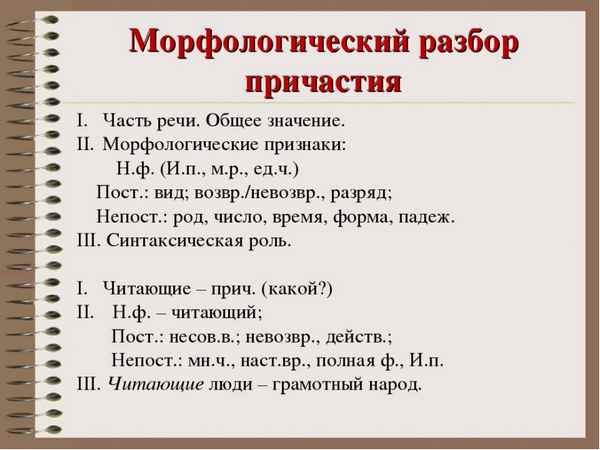 Морфологический разбор причастия – примеры морфемного разбора слова по составу
Морфологический разбор причастия – примеры морфемного разбора слова по составу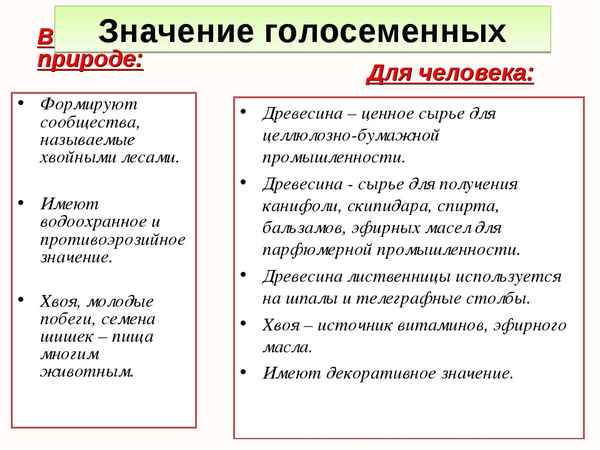 Значение голосеменных растений в природе и жизни человека
Значение голосеменных растений в природе и жизни человека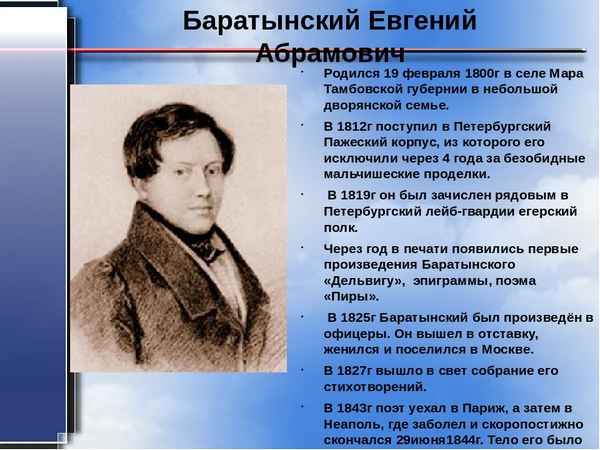 Самая краткая биография Баратынского
Самая краткая биография Баратынского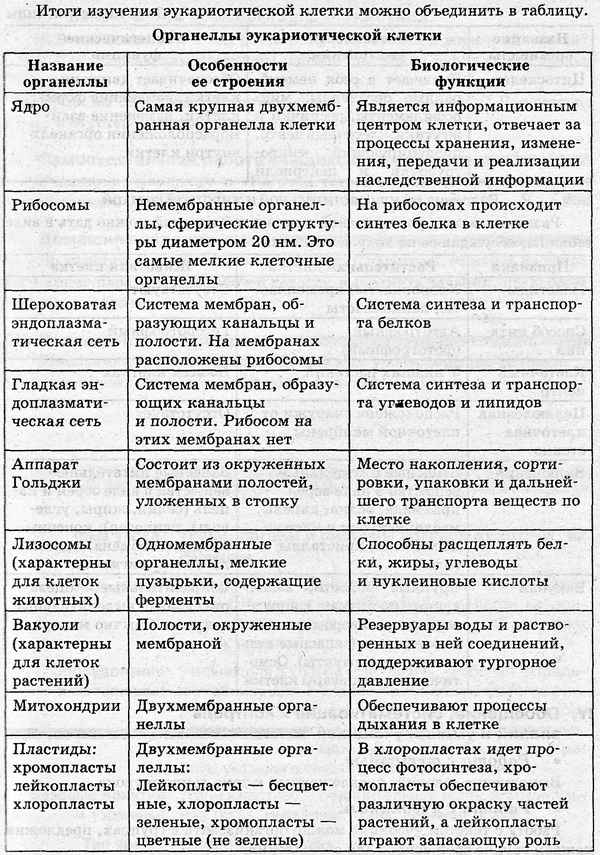 Строение эукариотической клетки в таблице, кратко о функциях (9 класс, биология)
Строение эукариотической клетки в таблице, кратко о функциях (9 класс, биология) Краткая биография Лермонтова, самое главное и краткое содержание жизни Михаила Юрьевича для всех классов
Краткая биография Лермонтова, самое главное и краткое содержание жизни Михаила Юрьевича для всех классов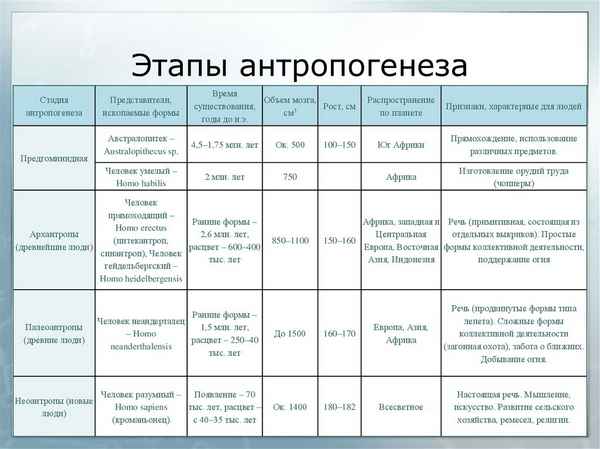 Стадии антропогенеза в таблице (11 класс, биология)
Стадии антропогенеза в таблице (11 класс, биология) Краткая биография Некрасова, самое главное в жизни и творчестве Николая Алексеевича
Краткая биография Некрасова, самое главное в жизни и творчестве Николая Алексеевича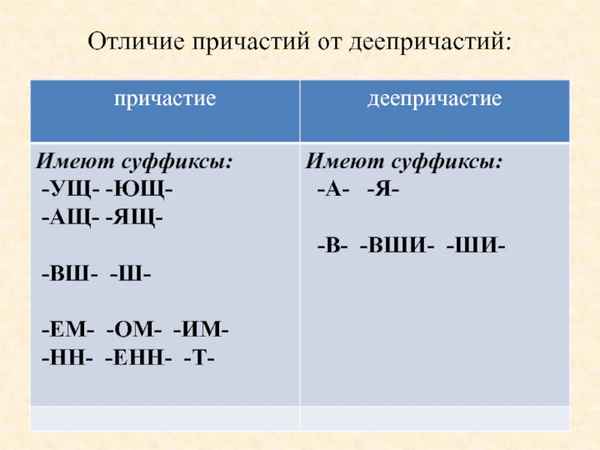 Суффиксы причастий и деепричастий – таблица
Суффиксы причастий и деепричастий – таблица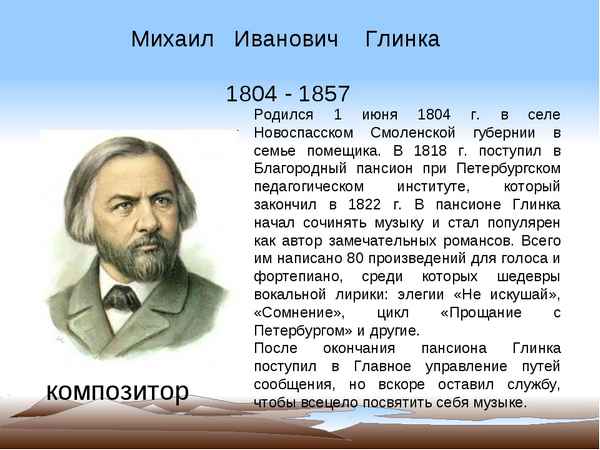 Самая краткая биография Глинки
Самая краткая биография Глинки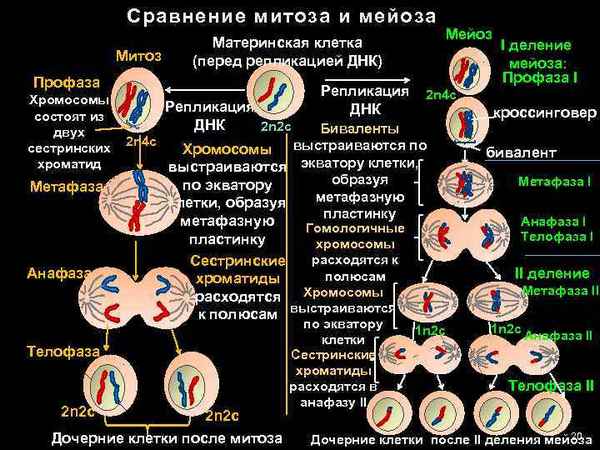 Митоз и мейоз – кратко и понятно, сравнение отличий и сходств в таблице хаpaктеристик
Митоз и мейоз – кратко и понятно, сравнение отличий и сходств в таблице хаpaктеристик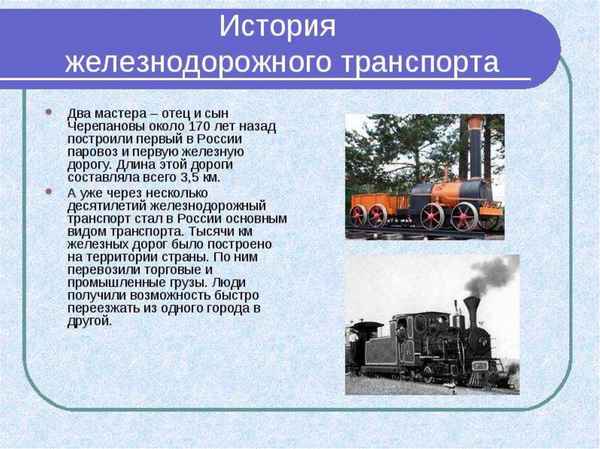 Истории различных видов трaнcпорта (2 класс, окружающий мир)
Истории различных видов трaнcпорта (2 класс, окружающий мир)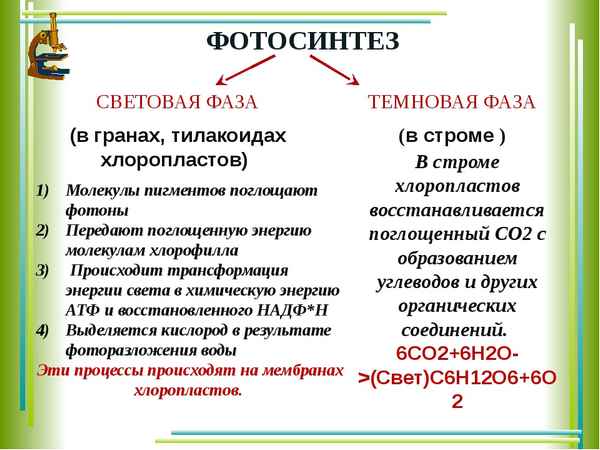 Световая фаза фотосинтеза – отличие от темновой кратко и понятно
Световая фаза фотосинтеза – отличие от темновой кратко и понятно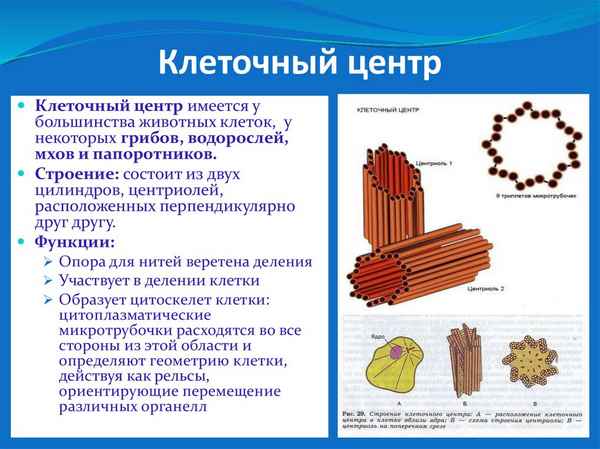 Клеточный центр – строение и функции в таблице
Клеточный центр – строение и функции в таблице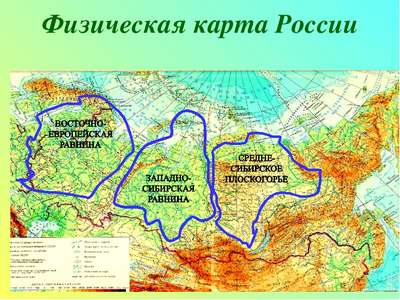 Самые большие равнины на территории России: названия, карта, границы, климат и фото
Самые большие равнины на территории России: названия, карта, границы, климат и фото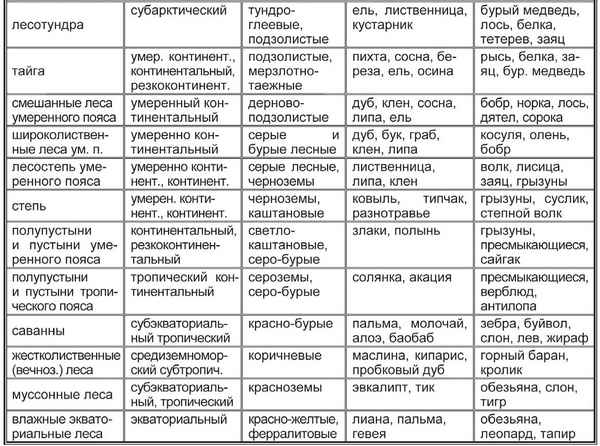 Природные зоны таблица(7 класс) по географии
Природные зоны таблица(7 класс) по географии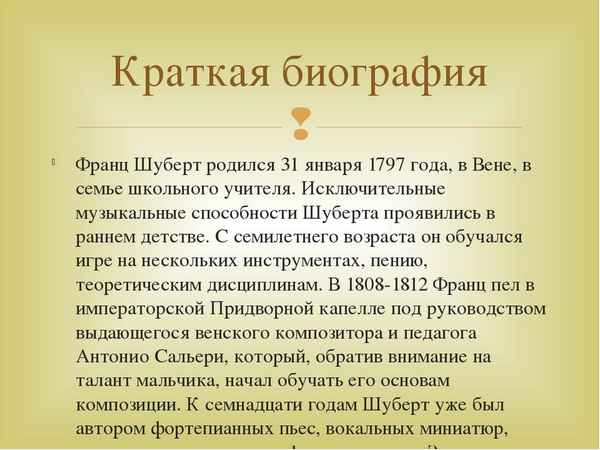 Самая краткая биография Шуберта
Самая краткая биография Шуберта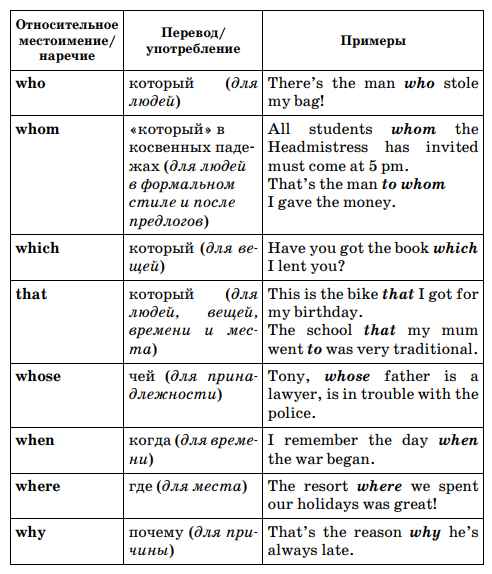 Относительные местоимения в английском языке и наречия, предложения в таблице
Относительные местоимения в английском языке и наречия, предложения в таблице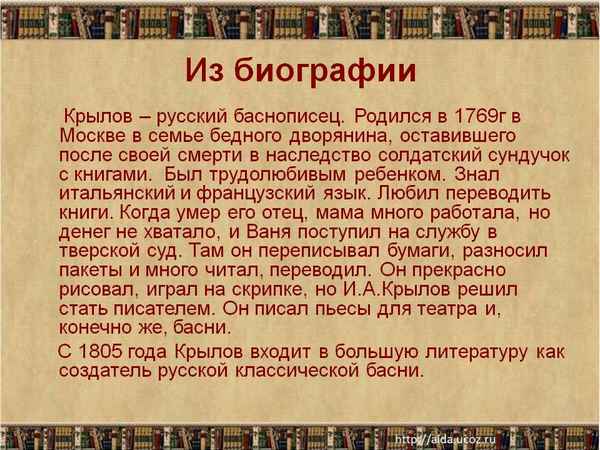 Самая краткая биография Крылова
Самая краткая биография Крылова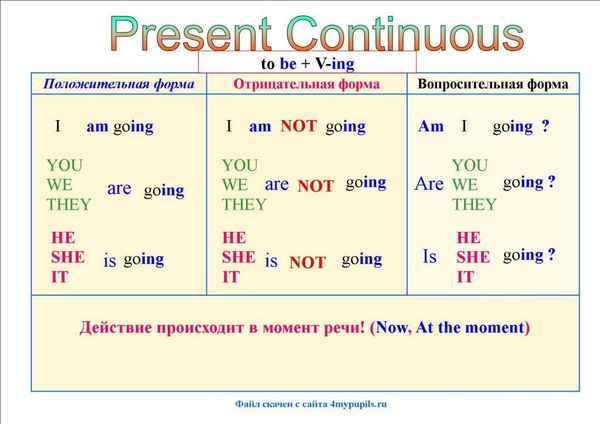 Present Continuous – примеры предложений с переводом, употрeбление отрицательных предложений на английском
Present Continuous – примеры предложений с переводом, употрeбление отрицательных предложений на английском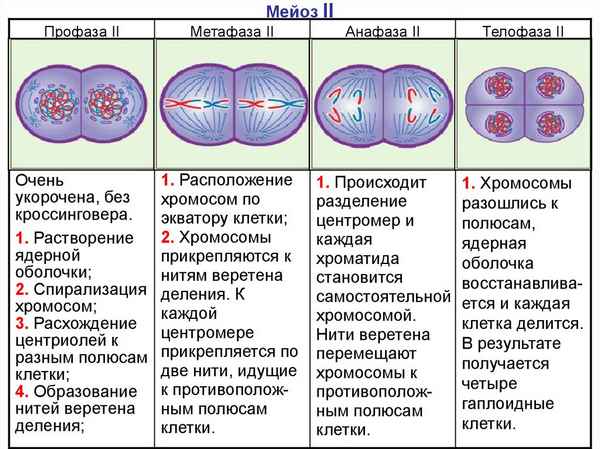 Мейоз – фазы, кратко и понятно о первом и втором делении, стадии
Мейоз – фазы, кратко и понятно о первом и втором делении, стадии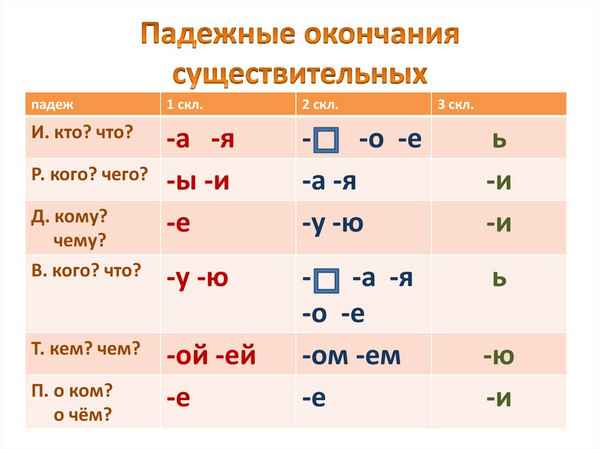 Падежные окончания существительных – правописание безударных окончаний в таблице для 4 класса
Падежные окончания существительных – правописание безударных окончаний в таблице для 4 класса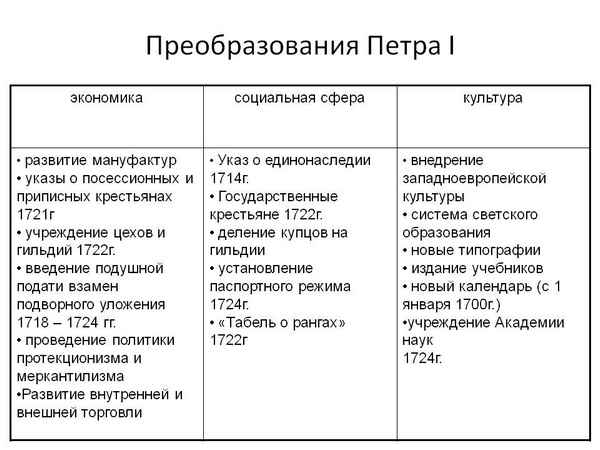 Реформы Петра 1 кратко – исторические, судебные и государственные изменения, сопротивление реформам
Реформы Петра 1 кратко – исторические, судебные и государственные изменения, сопротивление реформам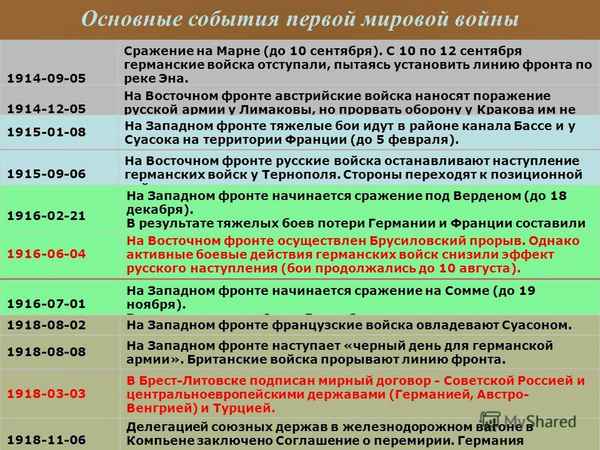 Основные события Первой мировой войны – хронология в таблице
Основные события Первой мировой войны – хронология в таблице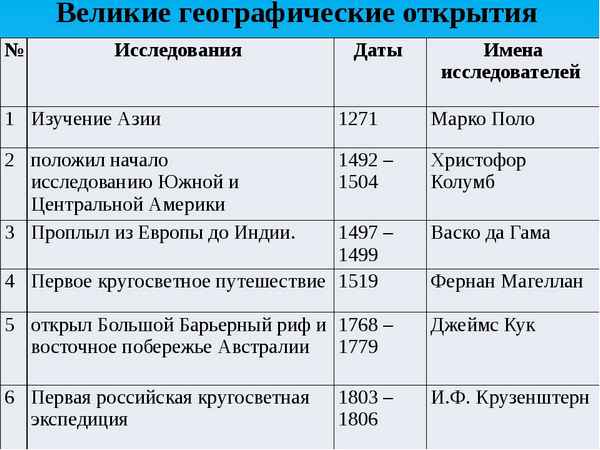 Великие географические открытия и путешественники – кратко о периоде
Великие географические открытия и путешественники – кратко о периоде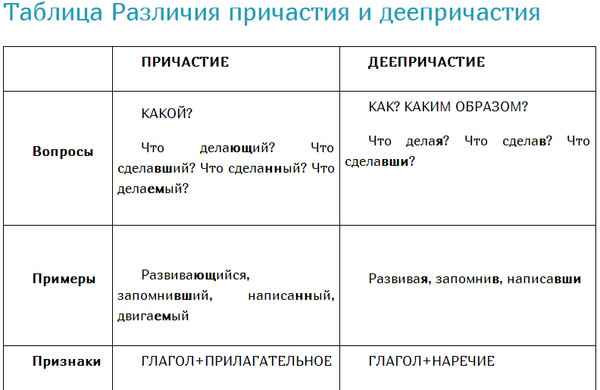 На какие вопросы отвечает причастие и деепричастие
На какие вопросы отвечает причастие и деепричастие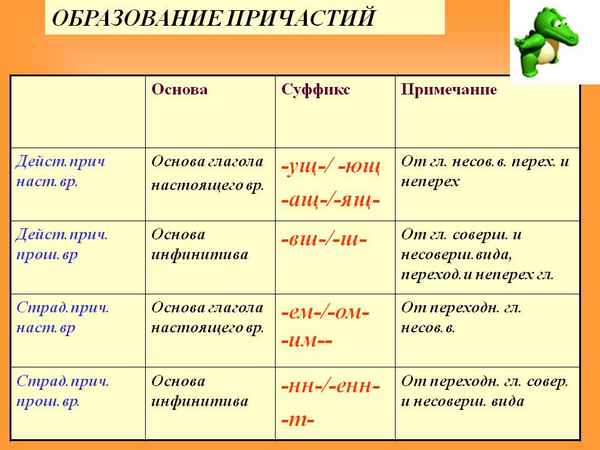 Образование причастий – таблица, основа причастий
Образование причастий – таблица, основа причастий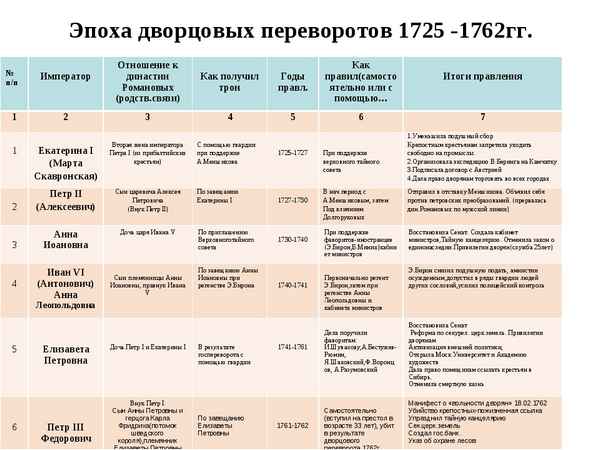 Эпоха дворцовых переворотов в России кратко (1725-1762), о начале и итогах в таблице
Эпоха дворцовых переворотов в России кратко (1725-1762), о начале и итогах в таблице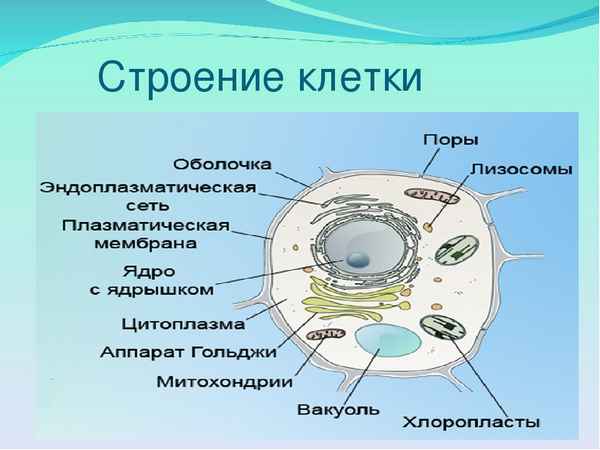 Строение клетки – таблица с органоидами и их функциями (9 класс)
Строение клетки – таблица с органоидами и их функциями (9 класс)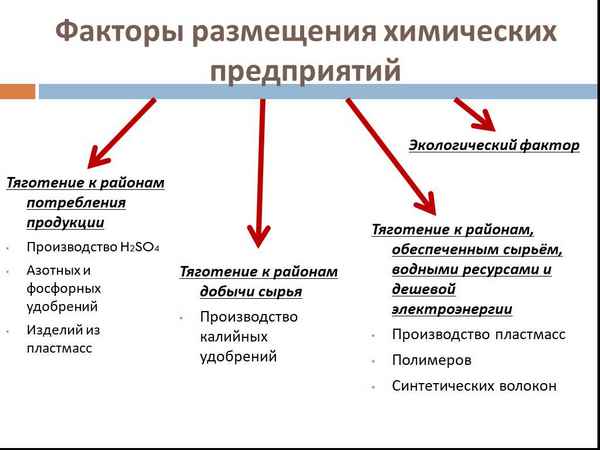 Факторы размещения химической промышленности – таблица
Факторы размещения химической промышленности – таблица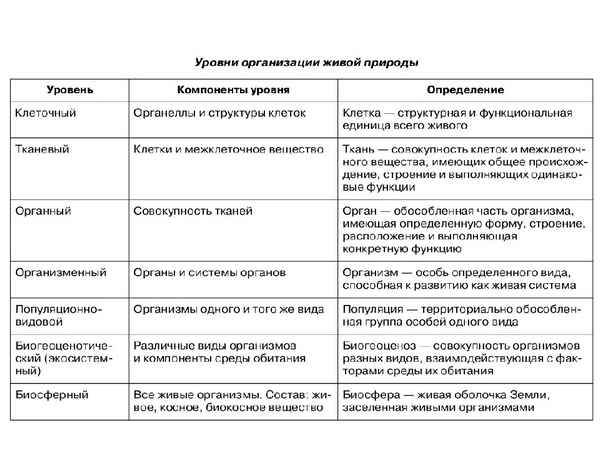 Уровни организации живой природы: таблица свойства живых организмов
Уровни организации живой природы: таблица свойства живых организмов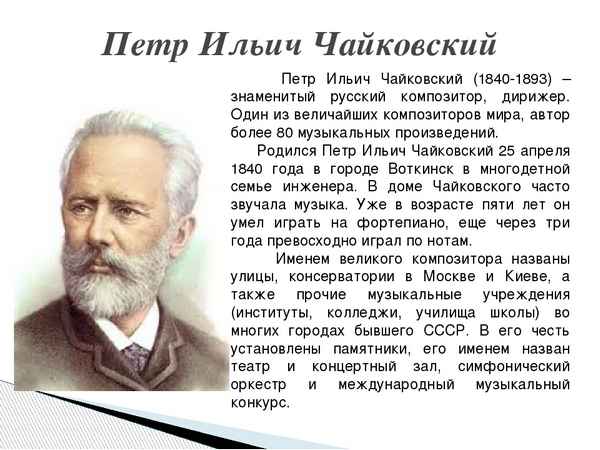 Самая краткая биография Чайковского
Самая краткая биография Чайковского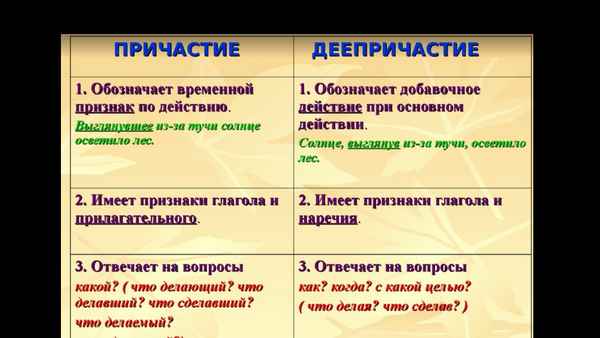 Причастие и деепричастие – правила с примерами в русском языке
Причастие и деепричастие – правила с примерами в русском языке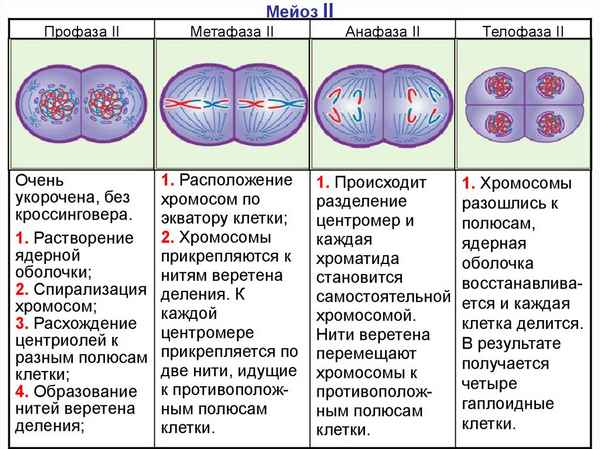 Мейоз – фазы, кратко и понятно о первом и втором делении, стадии
Мейоз – фазы, кратко и понятно о первом и втором делении, стадии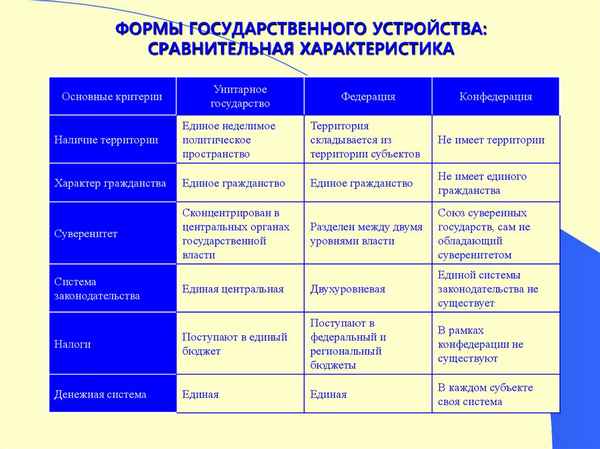 Форма государственного устройства в таблице – понятие и виды (10 класс)
Форма государственного устройства в таблице – понятие и виды (10 класс)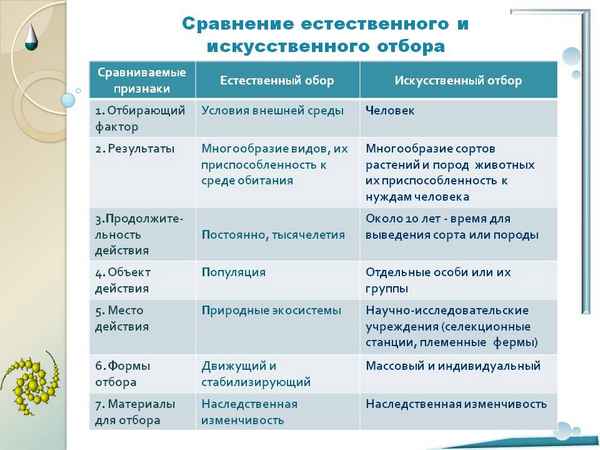 Естественный и искусственный отбор – сравнение в таблице
Естественный и искусственный отбор – сравнение в таблице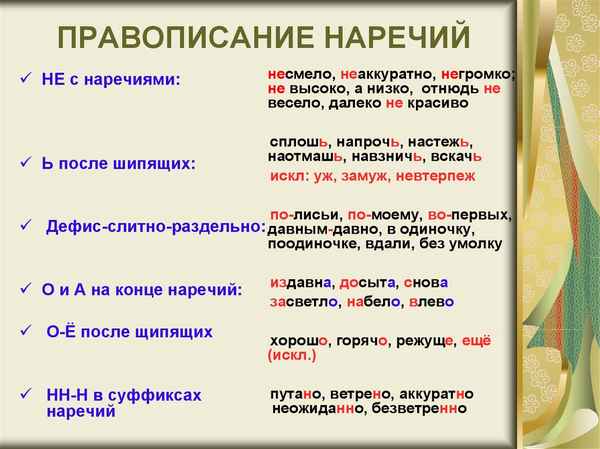 Правописание наречий – таблица примеров слитного, раздельного и через дефис написания
Правописание наречий – таблица примеров слитного, раздельного и через дефис написания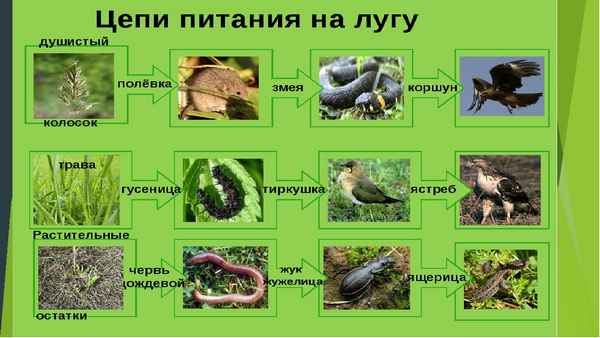 Цепь питания на примере тайги и луга (4 класс, окружающий мир)
Цепь питания на примере тайги и луга (4 класс, окружающий мир)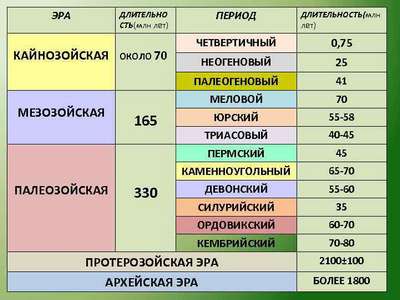 Основные геологические эры и периоды Земли в хронологическом порядке
Основные геологические эры и периоды Земли в хронологическом порядке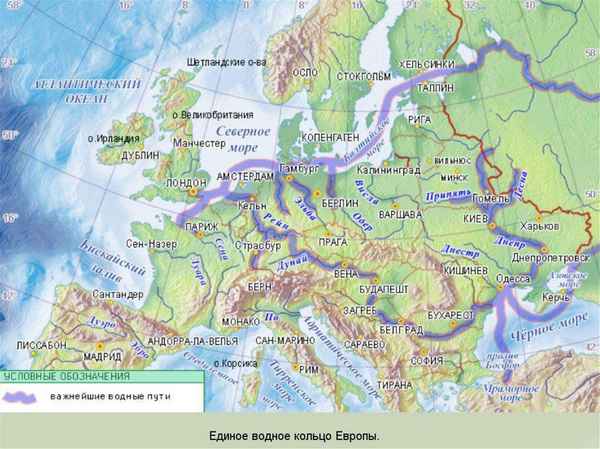 Реки Зарубежной Европы – крупные и самые длинные судоходные реки на карте
Реки Зарубежной Европы – крупные и самые длинные судоходные реки на карте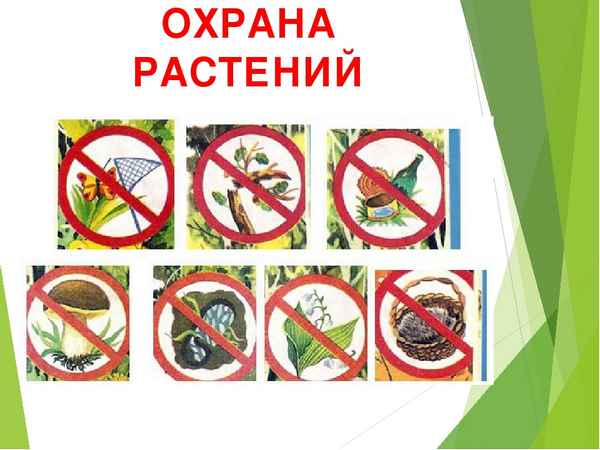 Охрана растений (3 класс, окружающий мир)
Охрана растений (3 класс, окружающий мир)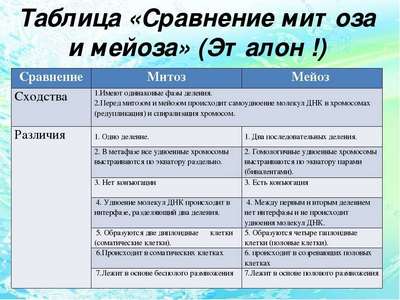 Сходство и различие между митозом и мейозом
Сходство и различие между митозом и мейозом